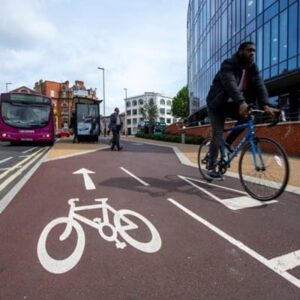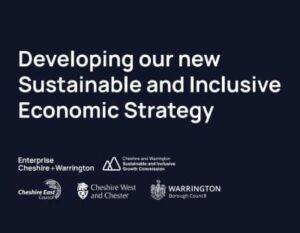An app, partly created by academics from the University of Wolverhampton, that integrates multiple stages of the travel process in the hope that it will encourage people to use public and shared transport more and so provide a solution to future transport demands in cities, has received initial positive feedback.
Dr Panos Georgakis and Dr Adel Almohammad from the University’s School of Architecture and the Built Environment have both been working on the EU Horizons 2020 funded that has been creating a Mobility as a Service (MaaS) platform that has been tested in Manchester, Luxembourg and Budapest.
Dr Georgakis said: “The continuing growth of urbanisation is posing a real threat to the operation of transportation services in large metropolitan areas around the world and encouraging a greater uptake of public transport could be a solution.
“However, we know that citizens will not give up private vehicles as their preferred mode of transportation unless they are offered a service that provides an equal sense of convenience, reliability and flexibility.”
It is hoped the MaaS concept would remove many of these user-related pain points and provide a service that offers travellers seamless mobility, easy access to different modes of transport based on their needs, relief from the unforeseen costs associated with owning a car, while still having access to one, and control over travel time and costs.
In order for this to be achieved it was seen that a new player would need to enter the transport market; the MaaS operator, said the University.
This operator acts as an intermediary between multiple transport operators and users. The customers can configure and buy a bundle of services, that can include multiple forms of transport, and make informed decisions about which one (or combination) to use for each of their trips by using the single app.
In addition, the MaaS operator can also propose the ideal combination of transport to users with a real-time supply and demand optimiser for each trip by knowing the network conditions and the preferences of users.
Although there’s already been some activity in this field, there were no established frameworks and quantifiable evidence about MaaS costs and benefits, users’ needs, as well as its influence on travel patterns and car ownership of various user groups.
The MaaS4EU project, which involved an international multi-disciplinary consortium made-up of public administrators, universities, transport operators and research and industrial bodies, investigated the implementation of a MaaS platform from the points of view of business, end users, technology availability and current policies and legislation.
A prototype app, that integrates a range of travelling elements, including route planning, booking and payment across a variety of different modes of transport, was created and trialled in Manchester, Luxembourg and Budapest.
Despite coronavirus, and resulting travel bans, hindering the number of passengers on the cities’ transport systems, the project received positive results. After using the MaaS4EU application, customers were positive about using the service in the future.
Dr Georgakis conceptualised the overall journey planning approach and led the implementation of the system. He was also the lead author of one of the project’s research papers. Dr Almohammad contributed to the integration of real-time information systems as part of the solution and the analysis of the evaluation results.
























